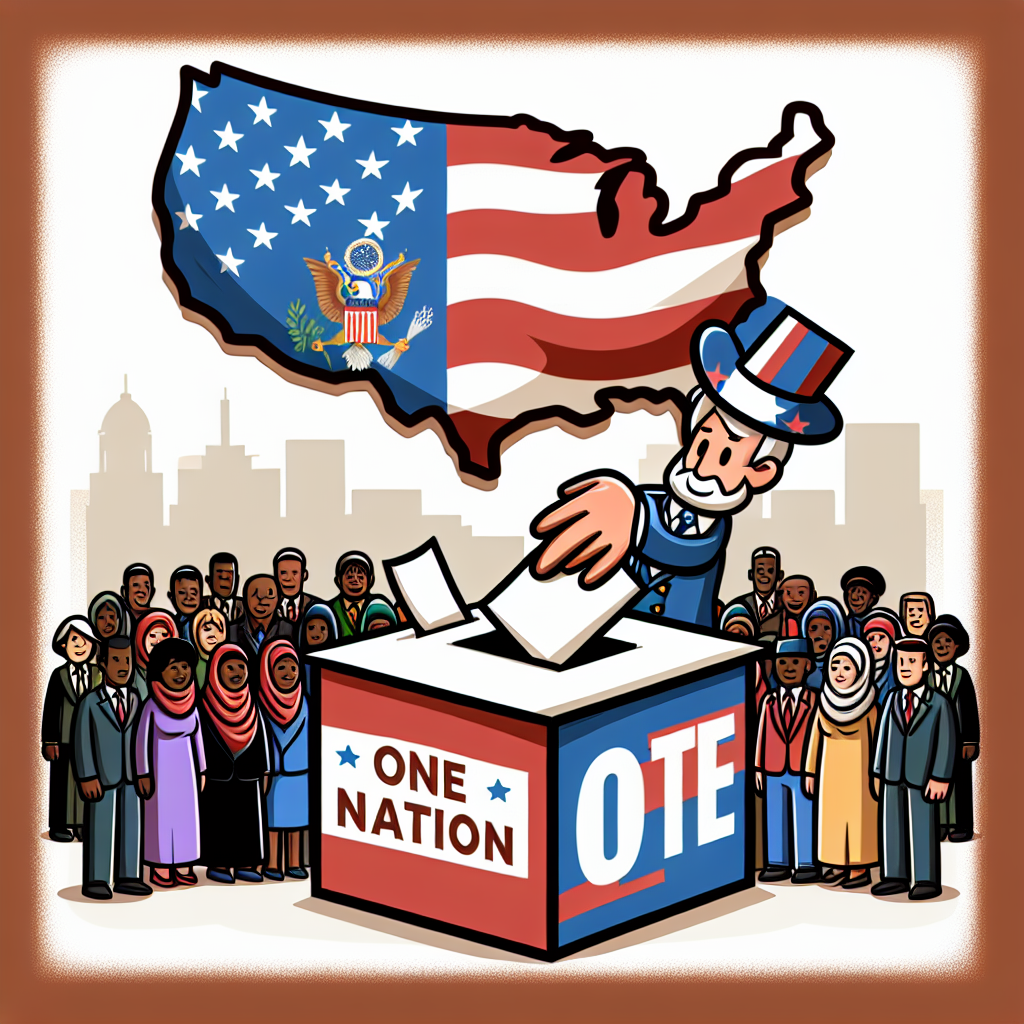BJP-Led NDA Government Aims to Implement 'One Nation, One Election' in Current Tenure
The BJP-led NDA government plans to implement 'one nation, one election' within its current tenure, aiming for cross-party support. Prime Minister Narendra Modi highlighted this reform during his Independence Day address, emphasizing frequent elections as a hindrance to progress. A panel led by former president Ram Nath Kovind recommended simultaneous national, state, and local elections.

- Country:
- India
The BJP-led NDA government intends to implement the 'one nation, one election' reform within its current tenure, confident it will gain cross-party support, sources revealed.
Celebrating 100 days of Prime Minister Narendra Modi's third term, sources expressed the ruling alliance's commitment to cohesiveness for the duration of this tenure.
In an anonymous statement, a source affirmed, ''Definitely, it will be implemented in this tenure itself. It will be a reality.''
During his Independence Day address last month, Prime Minister Modi advocated for 'one nation, one election', arguing that frequent polls hinder the country's progress.
''The nation has to come forward for 'one nation, one election','' Modi declared from the Red Fort.
He called on political parties to use national resources for the public good and ensure the country's progress.
'One nation, one election' is a key promise in the BJP's Lok Sabha election manifesto.
In March, a high-level panel led by former president Ram Nath Kovind recommended simultaneous elections for the Lok Sabha and state assemblies, followed by local body polls within 100 days.
The Law Commission may also recommend holding simultaneous elections for all three government tiers, including provisions for unity government in cases of hung houses or no-confidence motions, starting in 2029.
The Kovind panel proposed several constitutional amendments, most not needing state ratification, but requiring Parliament to pass constitutional amendment bills.
(With inputs from agencies.)
ALSO READ
Power Struggle: Lok Sabha MP Faces Electricity Theft Allegations
SC refuses to hear pleas against 'Nari Shakti Vandan Act-2023' that reserves one-third seats in Lok Sabha and state assemblies.
BJP targeting to win over 50 per cent votes in Delhi, its assembly vote share steadily catching up with Lok Sabha votes: Baijayant Jay Panda.










